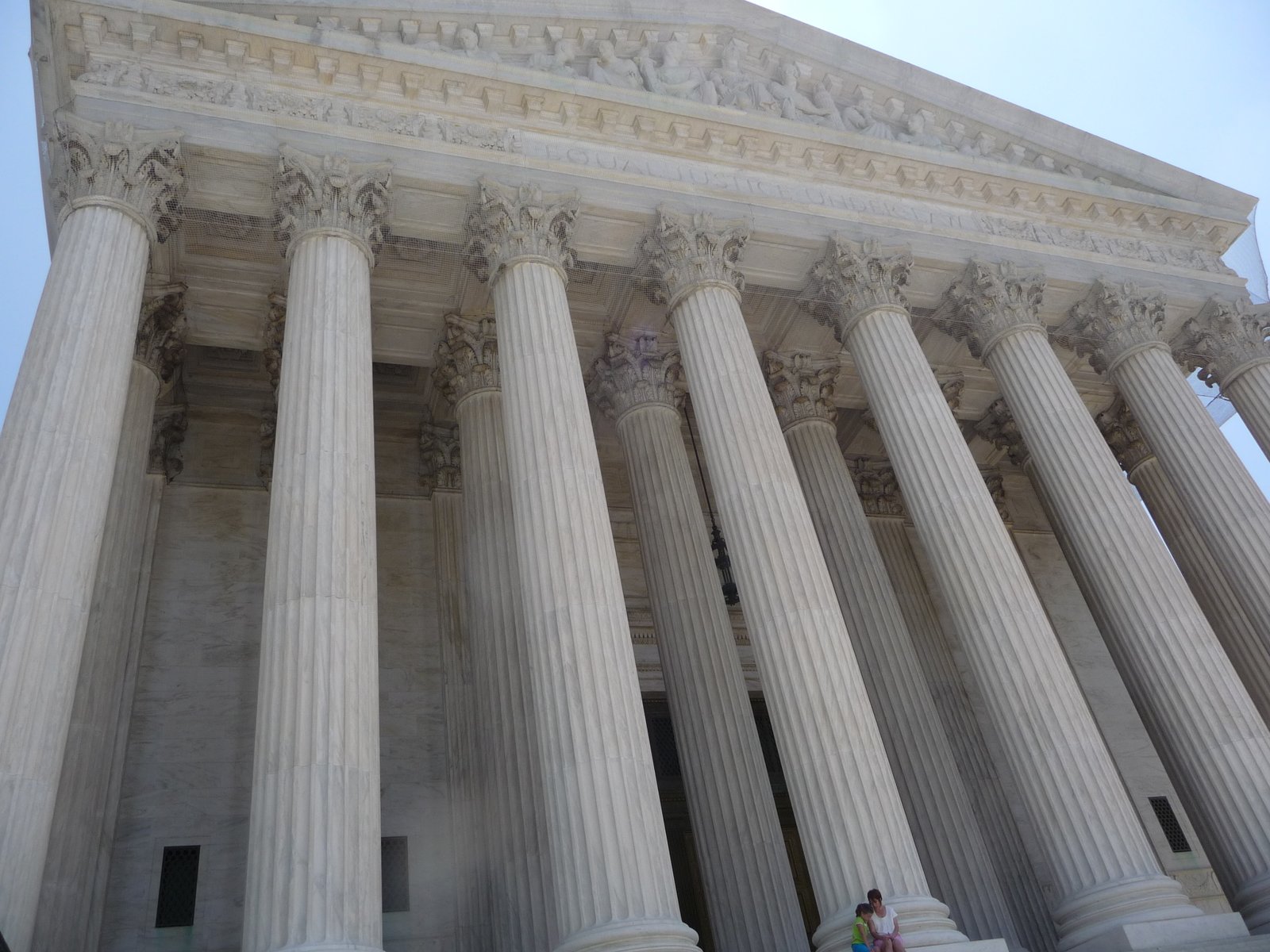[dc]T[/dc]he Supreme Court has ruled that per Congressional statute, employee pension plans of church-affiliated organizations, including hospitals, are not subject to federal solvency requirements that apply to secular organizations.
In a ruling released Monday, June 5, 2017, in Advocate Health Care Network et al. v. Stapleton, the United States Supreme Court found that a pension plan maintained by a church-affiliated organization is a “church plan” that is exempted from federal regulations designed to ensure plan solvency and protect plan participants regardless of who established the plan.
In the 8-0 decision written by Justice Elena Kagan, the Court ruled that the Employee Retirement Income Security Act of 1974 (ERISA) did not apply to three church-affiliated nonprofit hospitals that had been sued by employees who alleged that the pension plans were underfunded. The hospitals argued that ERISA did not apply because they were “church-affiliated” employers even though the pension plans themselves were not established by a church. Recently appointed Justice Neil Gorsuch was not appointed in time to be involved in the consideration of the case.
The lower District Courts had agreed with the employees, finding that ERISA applied because the plans that the hospitals used were not established by a church, but the Supreme Court reviewed the statute and found that the language of the statute did indicate that it would apply to “a plan established and maintain … by a church” a subsection added in 1980 broadened this to include “a plan maintained by [a principal-purpose] organization.” This means that even if the church did not establish the pension plan, the ERISA religious exemption also applies to the pension plans they maintain.
The statutory language describing this distinction is complex, or, as Justice Kagan wrote, “a mouthful, for lawyers and non-lawyers alike,” and she takes considerable effort to explain in plain English how the language in the statute works.
Essentially, any effort by employees to appeal to the federal ERISA law in order to ensure their retirement income is secure fails within the language of the statute.
Justice Sonia Sotomayor writes a concurring opinion, noting that she agrees that the language of the statute excludes church-affiliated programs from ERISA. But Justice Sotomayor also observes that “it was the failure of unregulated ‘church plans’ that spurred cases such as these.”
She notes that although church plans are exempt, large religious hospitals are competing with similar secular “companies that must bear the cost of complying with ERISA.” She also notes that there have been considerable changes since Congress passed the 1980 amendment, and that “this current reality might prompt Congress to take a different path.”
Unless, or until, Congress changes the law, the pension plans of religious employers including hospitals are not subjected to federal solvency regulations.
Holding: The Supreme Court ruled that employee pension plans of church-affiliated organizations are exempt from ERISA federal solvency requirements.


